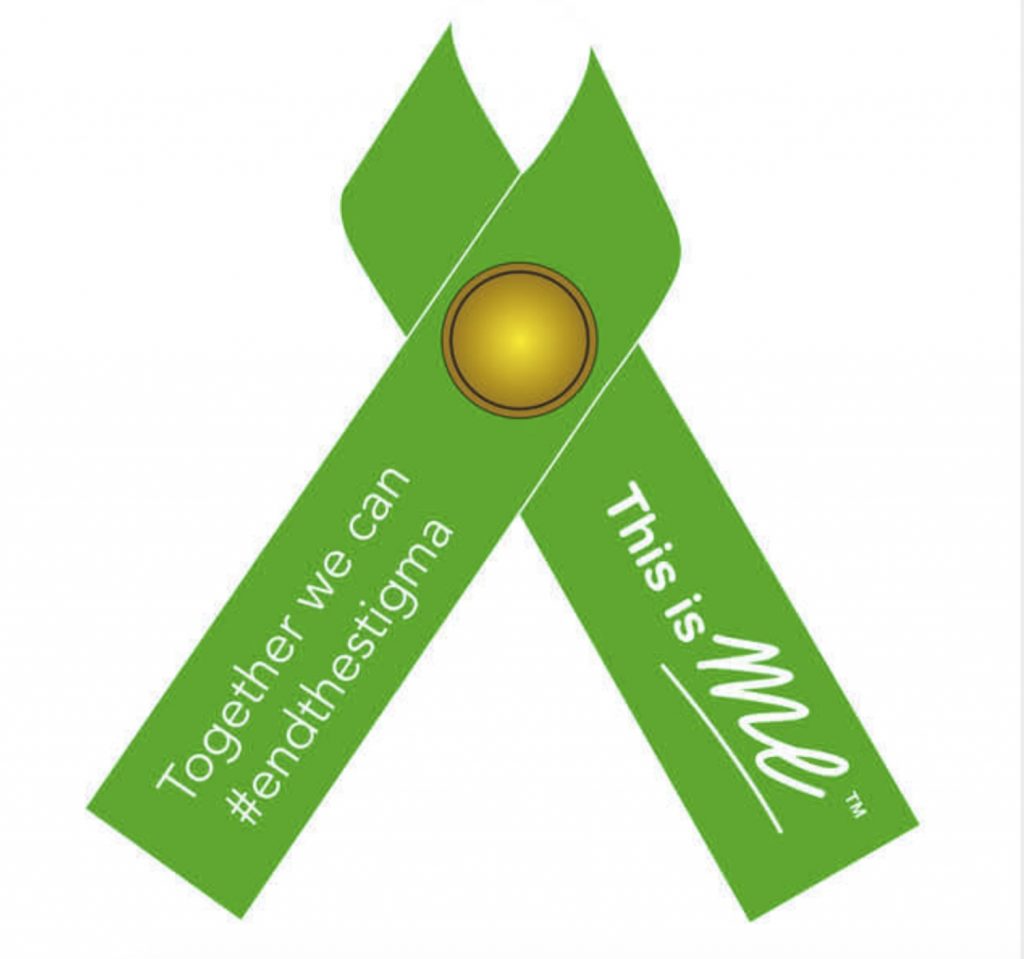In this week’s guest column Community Business’ Emily Moss explores the importance of ‘acts of kindness’ during COVID-19 – not just in Asia, but around the world – as we observe Mental Health Awareness this week.
In a very timely move, the Mental Health Foundation announced recently that it was changing the theme of Mental Health Awareness Week (18 – 24 May 2020) from sleep to kindness to respond to the coronavirus outbreak. As pundits and politicians around the world speculate about how long social distancing and virtual working will need to continue, we have seen daily acts of kindness – both on a personal and professional level – taking hold of global conversations.
The advent of technology means that most people can remain connected with family, friends and colleagues despite isolation measures and as a result, we have seen people taking the time to check-in meaningfully with those they might usually only text or email. Recognising that we are all in need of a boost at this time, kindness advocate and author of The Five Side- Effects of Kindness, David Hamilton, recently released a viral video to convey a good news message (watch below).
RATING KINDNESS
With all our fears and anxieties about the rampant spread of coronavirus, Hamilton highlights that kindness is more contagious than COVID-19. He explained the rate of transmission or basic reproduction number (Ro) of COVID-19 is around Ro2.5 (meaning that anyone infected person might infect on average a further 2.5 people). He estimates the ‘Ro’ of an act of kindness to be Ro5.0. This hypothesis indicates that acts of kindness and charity towards one another could spread – and infect – the global population at a much faster rate than coronavirus has.
Happy acts of kindness in the midst of this pandemic appear to be having a viral moment of their own. People are reaching out to offer support to at-risk neighbours or using the power of social media to send fundraising campaigns around the globe.
Reports of kindness on any scale offer a welcome relief from the anxiety that the spreading pandemic causes, and according to David Hamilton, there are five scientific reasons for this. ‘Kindness makes us happier by elevating levels of dopamine in the brain, often referred to as a ‘helper’s high’. Kindness is good for the heart. Emotional warmth generated by kindness increases levels of oxytocin in the body. This is turn dilates blood vessels and can lower blood pressure. Kindness slows ageing by reducing levels of free radicals and inflammation in the cardiovascular system (again stimulated by the production of oxytocin).
As humans, we are genetically engineered to survive through bonding and building strong relationships. Kindness is contagious. The domino effect of kindness has been reported in The New England Journal of Medicine, which concluded that an original act of kindness (in this case a kidney donation), spawned 10 further donations as a result of people being influenced by the original donation.
KINDNESS IMPROVES RELATIONSHIPS
Acts of solidarity and community are just as important in our working relationships as they are in our personal lives at this time. The Green Ribbon Campaign encourages employees to share (or wear) green ribbons to show their solidarity for those with mental health issues and demonstrate support for emotional wellbeing in the workplace.
Importantly for companies in Asia, a visible campaign such as this will help to break down the stigma attached to mental health and asking for help. Our 2018 research Embracing Mental Health in the Workplace in Asia, and our 2020 supplementary publication Embracing Mental Health in the Workplace in the Philippines, highlight clearly the need to foster kindness and understanding around mental health in the workplace and how timely bold conversations on this topic are.

ACTS OF KINDNESS
In addition to adopting the Green Ribbon campaign, there are several small measures that people can take to show kindness at work. Erin Urban identified a few in 2018 which relate to physical work interactions, so we have taken inspiration from her tips and expanded and adapted them for a virtual working environment. They include:
- Take someone a coffee when you refill your own.
- Arrange a virtual coffee with a colleague you usually chat with in the office.
- Open a door and say ‘thank you’ when someone does the same for you.
- Be mindful of greetings and responses to emails, show your appreciation virtually if you can’t face to face.
- Be the last to speak in a meeting and show appreciation for other contributions. This applies to Zoom and Teams meetings just as much as face to face!
- Spontaneously help a stressed co-worker with a deadline.
- Make an effort to reach out and offer your help if you know other teams are busy.
- Communicating clearly is important in virtual spaces.
- Acknowledge other contributions timely and publically. Ensure you take the time to send an email to acknowledge contributions. This often is overlooked when groups are not in the same physical space.
- Show respect for colleagues’ work-life harmony and arrange meetings in work hours where possible.
- Keep in mind that families might be quarantined in close quarters and allow for disrupted scheduling or unavoidable interruptions.
- Give your full attention to a colleague who is presenting or running a meeting by silencing your phone or leaving it at your desk.
- Where appropriate, turn your camera on and engage actively in virtual meetings.

EMPATHETIC & INCLUSIVE LEADERSHIP
The focus on kindness also calls to mind the importance of inclusive and empathetic leadership at this time. Recognising the very real and varied challenges that so many are facing at this time, leaders are being encouraged to adopt a more humane and compassionate approach to their employees – engaging at a more personal level and paying attention to individual wellbeing.
Learning positive lessons from the COVID-19 pandemic will be beneficial for our emotional wellbeing in the long term. While it is important that companies demonstrate responsible leadership during these turbulent times, individuals should take active steps to show kindness for their colleagues, neighbours and friends. Our workplaces and communities will continue to benefit from kindness once a sense of normalcy has resumed, so it is important that we harness this movement and ensure that the contagious nature of kindness makes a lasting impression on us all.
AUTHOR BIOGRAPHY

Emily Moss is Head of Marketing and Communications at Community Business, based in Hong Kong. She is responsible for driving and developing the overall marketing, communications, PR and media strategy at Community Business. Emily began her career in London at a boutique international development consultancy that partners with global NGOs and government agencies to establish development strategies, and monitor projects across the world. Prior to joining Community Business, Emily worked at a global advertising agency in both Shanghai and HK, managing international banking and entertainment accounts. She has also worked at an NGO in Hong Kong, focusing on donor development and major fundraising initiatives. A graduate of Bristol University and the School of Oriental and African Studies (SOAS) at the University of London, Emily holds a Master degree of Science in Violence, Conflict & Development.
Click here for more information.







































